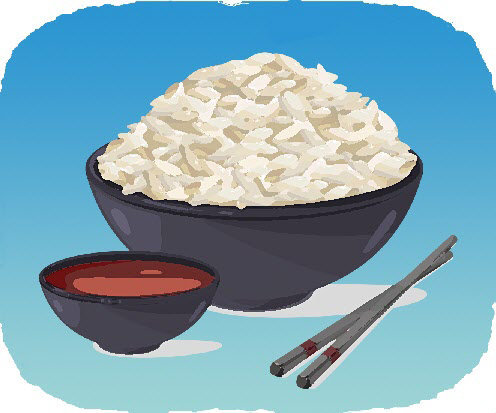Grammar of love
Grammar of love
Posted June. 28, 2023 07:58,
Updated June. 28, 2023 07:58

The monk Ilyeon, who wrote "Samguk Yusa" during the Goryeo Dynasty, was a filial son despite spending most of his life apart from his mother. Perhaps because of this, he included a story about filial duty at the end of "Samguk Yusa." This story, also found in Kim Busik's "Samguk Sagi," was further enhanced by Ilyeon’s touch, adding to its emotional impact.
A daughter named Ji-eun is introduced in the story. She lost her father early on and lives with her blind mother. Due to extreme poverty, she begs for food to support her mother. However, during a severe famine, even that becomes impossible. Desperate, she sells herself to a wealthy household and becomes a servant to provide food for her mother. A few days later, her mother says, "In the past, even if I ate coarse food, my heart was at ease. But nowadays, even when I eat good rice, it feels like a stab in the gut. What's happened?" When her daughter tells her the truth, the mother breaks down in tears. "You became a servant because of me. I’d rather die." Both the mother and daughter cry.
This is how the story ends in "Samguk Sagi." In "Samguk Yusa," it adds a passage that was not previously found. "The daughter cried because she realized that she had only thought of filling her mother's belly but had failed to put her mother's heart at ease." She believed she had done her best, but upon reflection, she realized that she had made her mother uncomfortable. She realized that she was shortsighted. As a result, the mother blames herself for her daughter becoming a servant and cries. In contrast, the daughter blames herself for not understanding her mother's heart, realizing that her mother finds more comfort in rough food like bran than in sweet and delicious meals. They both put the others before themselves: a grammar of love where the loved ones always come first.
"Samguk Yusa" shares similar stories with "Samguk Sagi" but delves deeper into ethical issues. Ilyeon places this story at the end to remind us that love is not about material things but matters of the heart, a common-sensical fact that often gets forgotten easily.
Headline News
- Half of working seniors earn less than 1 million won per month
- S. Korea prepares to monitor N. Korean military activities amid POW concerns
- Shinsegae Group officially splits department stores and E-Mart affiliates
- Starbucks issues ‘come to the office 3 times a week or be fired’ notice
- Ha Hyeong-joo chosen as 2024 Sports Hero of Korea







